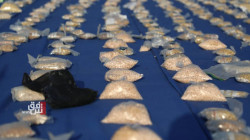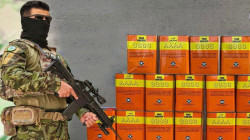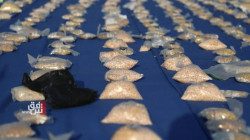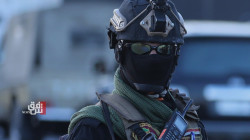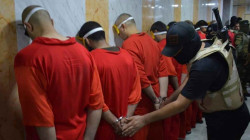Kurdistan Security Council seizes over half a ton of drugs, arrests more than 50 traffickers
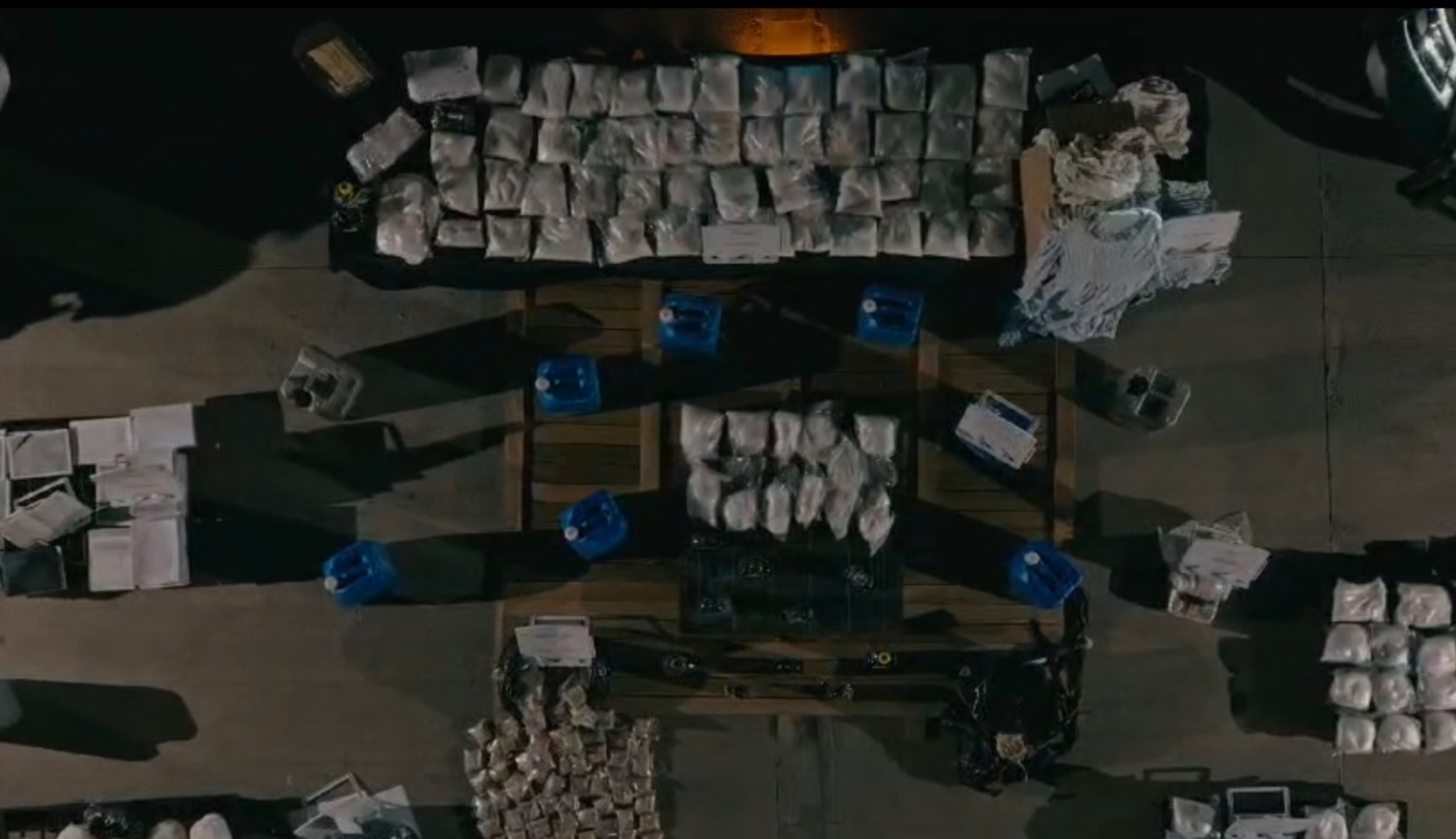
Shafaq News / On Monday, the Kurdistan Region Security Council (KRSC)'s Anti-Narcotics Directorate announced the seizure of more than half a ton of narcotics over more than two months.
The seizures took place from May 14, 2024, to August 1, 2024, in coordination with all Regional security directorates, based on accurate information and intensive monitoring measures to prevent drug trafficking and distribution.
“These efforts resulted in the seizure of 514 kilograms of various drugs, including cocaine, crystal meth, marijuana, opium, and others," the directorate noted. "Security forces managed to arrest 51 individuals accused of drug trafficking."
Smugglers attempted to use modern techniques to transport drugs across borders into cities and then distribute them to central and southern Iraq and neighboring countries. “However, the KRSC affirmed its continued efforts to thwart such attempts and counter emerging smuggling techniques as part of its ongoing work to protect the community and ensure a healthy environment,” the directorate added.
“The suspects face charges under Articles 25 and 26 of the Anti-Narcotics and Psychotropic Substances Law, with investigations ongoing in their cases."
Notably, the Kurdish Government (KRG) has significantly ramped up its actions to combat drug trafficking and addiction, calling for cooperation from both Kurdish and international communities to address what it described as an 'endemic' threat.
During a conference on combating drugs and psychotropic substances in Erbil last March, Prime Minister Masrour Barzani emphasized the Government's initiatives to curb the spread of drugs and urged for collective action to address the underlying causes of drug-related issues.
Barzani pointed to armed groups operating in disputed areas between Iraq and the KRI, as well as along the Region's borders with neighboring countries, as hindrances to Kurdish security forces' activities in combating drug trafficking. These groups, he noted, exploit security vulnerabilities and impede anti-drug operations.
